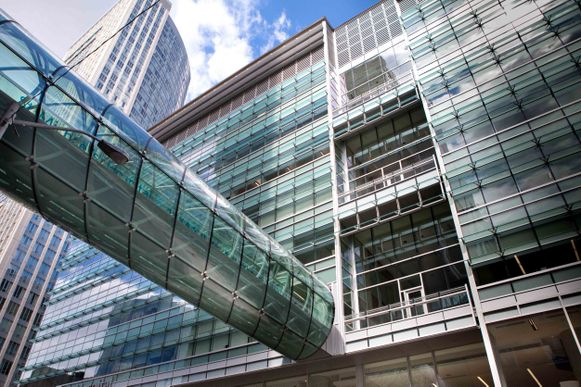
Research Strategic Plan
Discover our Research Strategic Plan designed to foster world-class research and innovation that transform patient care and enhance population well-being.

Researchers
Meet our dedicated and talented researchers at the forefront of Unity Health Toronto's impactful research.
Trainees
Learn about our inclusive training environment and dive into the world of tomorrow's healthcare innovators.
1636Total Publications in 2024
20Total Canada Research Chairs
$126MTotal Research Spending(2024-2025)
Scientific Pillars of Excellence

Brain Health and Wellness
Investigating neurological disorders and promoting mental wellness through cutting-edge research and intervention strategies.

Critical Care
Spearheading novel treatments in critical care medicine to enhance patient outcomes and save lives.

Organ Injury and Repair
Discovering transformative preventative approaches and treatments to acute organ injury, revolutionizing patient care in the field of chronic injury and regeneration.

Urban and Community Health
Advancing health equity and improving community wellbeing through innovative interventions and initiatives.
Support Our Research
Your donation drives innovative research that tackles health disparities, ensuring better care for all. Together, we can create lasting change in healthcare.
